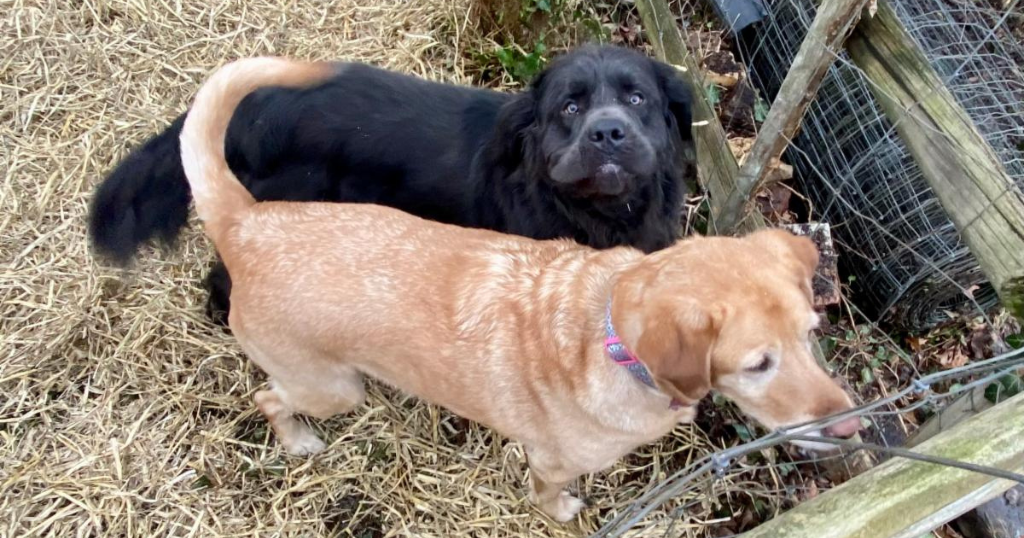Climate change may cause crisis amid important insect populations, researchers say
They might be tiny, but insects rule the planet, making up over two-thirds of the world's 1.5 million known animal species and the backbone of the food chain. But despite their immense impact and large numbers, bugs might be in trouble.
Scientists estimate that 40% of insect species are in decline, and a third are endangered. Habitat loss, the use of pesticides and climate change are threatening insects of all shapes and sizes, including the not-so-glamorous dung beetle.
Kimberly Sheldon, an entomologist at the University of Tennessee, is working with a team to study what happens to dung beetles in a warming climate. The insects are responsible for aerating and putting nutrients back into the soil, which is a critical process for agriculture and vegetation. They also reduce greenhouse gas emissions from things like cow manure.
In greenhouses, Sheldon simulates a warming planet to see how the beetles react. Sheldon and her team have found that smaller dung beetles struggle to dig deep enough to protect their offspring from the warming climate and extreme temperature swings.
That's a troubling sign for the species, said Oliver Milman, the author of "The Insect Crisis."
While climate change is contributing to insect population declines, the loss of dung beetles may in turn exacerbate extreme swings in temperature, creating a climate doom loop.
"Getting rid of feces, getting rid of dead bodies, getting rid of all the kind of horrible decomposing work is done on this kind of grand scale," he explained. "The dung beetle ... is really important, disposing of waste, that would otherwise carry all kinds of diseases, pathogens that would be passed between animals and humans."
While people often look at animals like the polar bear as the poster child of the climate crisis, Milman said that insects are just as deserving of people's attention.
"That's why people have described insects as the little things that run the world," Sheldon said. "They're really that important."





